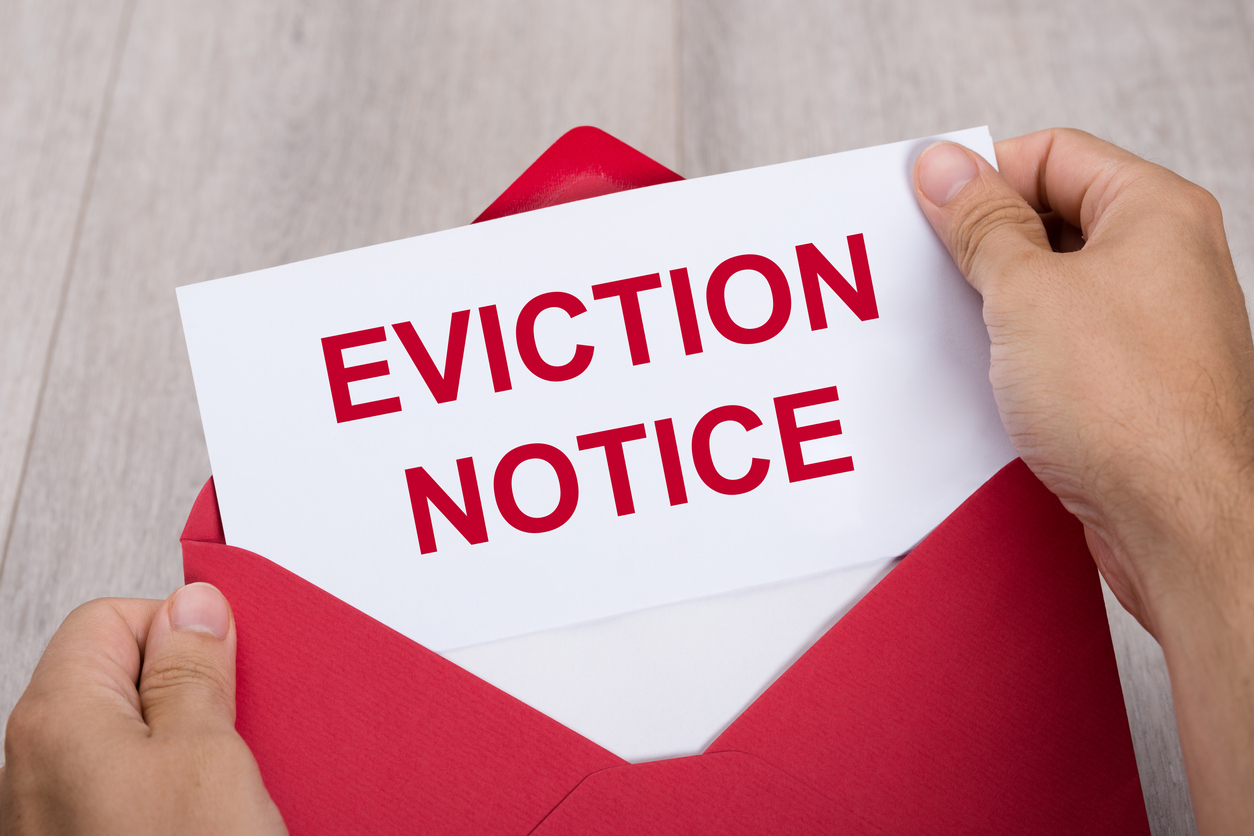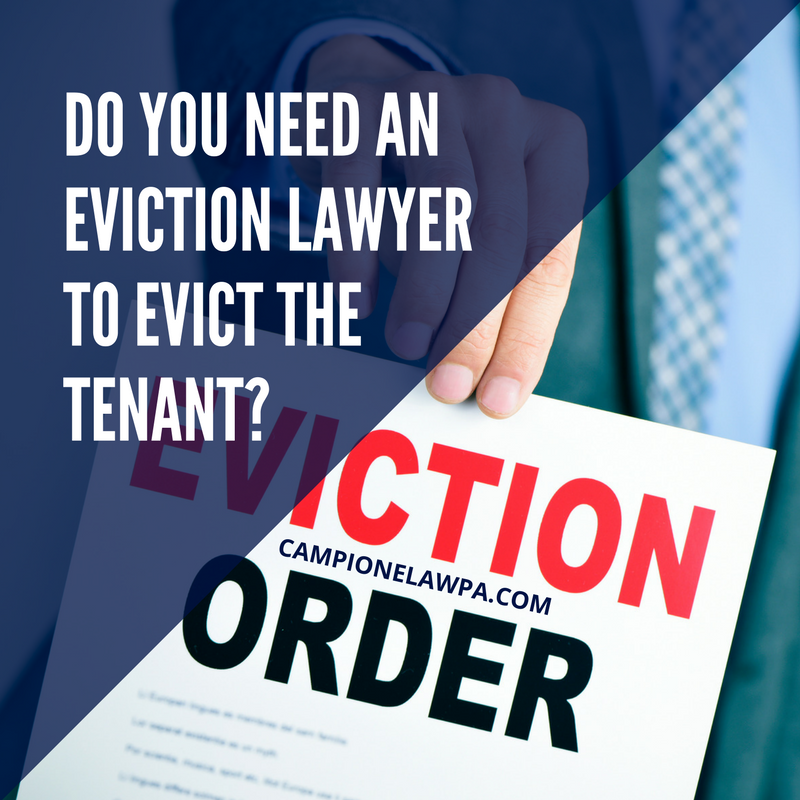Landlord's Guide to Eviction Laws in Delaware
Landlord's Guide to Eviction Laws in Delaware
Blog Article
As a landlord or renter in Delaware, it is essential to have a great knowledge of eviction law. Eviction is actually a legitimate method for removing a tenant from the hire house, and there are specific legal guidelines in place to guard equally renters and landlords. Within this blog post, we’ll deal with the basics of delaware eviction law and solution many of the most commonly requested questions.

Factors behind Eviction in Delaware
A property owner could only legally evict a tenant when they have a valid explanation, including non-repayment of rent payments, violating the rent contract, or performing prohibited actions on the house. If your property owner wants to evict a renter with no valid reason, it’s deemed an unlawful eviction. In Delaware, a landlord must offer composed notice towards the renter before filing for eviction.
Eviction Procedure in Delaware
The eviction process in Delaware typically begins with a composed observe for the tenant. If the renter breaks down to adhere to the recognize, the property owner could then apply for eviction in the courtroom. The renter will then obtain a judge summons and have the chance to enroll in a listening to to question the eviction. In the event the judge guidelines in support of the property owner, a writ of possession may be released, and also the neighborhood sheriff will enforce the eviction.
Tenant Representation in the court
Tenants have the ability to authorized representation throughout an eviction hearing, and it’s encouraged that they seek authorized counsel before participating in. In case a tenant struggles to manage an attorney, they might be able to get free or lower-cost legal help solutions in Delaware.
Renter Protections in Delaware
Delaware legislation gives specific protections for renters during the eviction approach. By way of example, a landlord cannot physically remove a renter or their items from the home with no court buy. Renters also provide the authority to contest an eviction in court and request additional time to vacate the property.
Landlord Duties in Eviction Cases
Property owners in Delaware have particular commitments during the eviction method. For instance, they need to give written notice for the renter before filing for eviction and cannot alter the locks or shut off resources to make the renter to leave the house. When a landlord violates a tenant’s legal rights throughout the eviction procedure, they may be subject to legal charges.

Bottom line:
In summary, knowing eviction legislation in Delaware is vital both for landlords and tenants. When you are a landlord, it’s crucial that you adhere to the legitimate approach for eviction and ensure that you have got a justified reason for doing so. Tenants should be aware of their legal rights throughout the eviction method and may choose to seek authorized counsel. Using a simple knowledge of eviction legislation in Delaware, equally property owners and renters can protect themselves and steer clear of unneeded authorized conflicts. Report this page